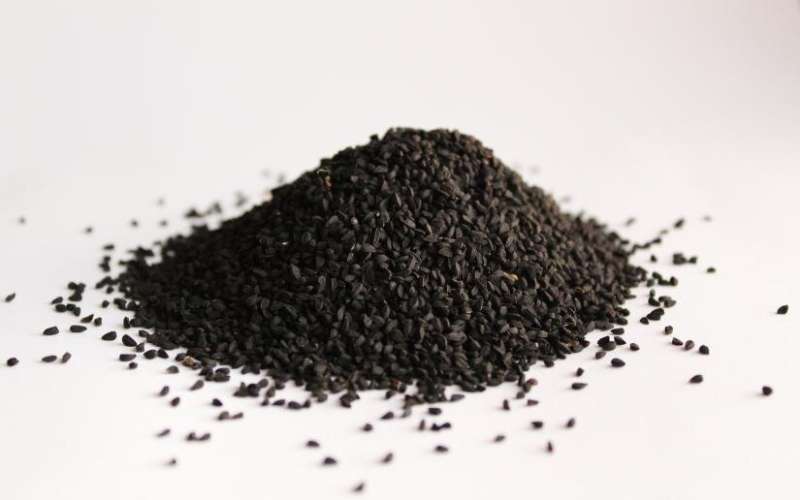
A flowering plant native to North Africa and Western Asia could be utilized in the future treatment of COVID-19 infection.
The seeds of the plant, Nigella sativa, have been used for centuries as a traditional remedy for multiple medical conditions, including inflammation and infections. Now, an Australian-first research review article has found it could be used to treat COVID-19.
“There is growing evidence from modeling studies that thymoquinone, an active ingredient of Nigella sativa, more commonly known as the fennel flower, can stick to the COVID- 19 virus spike protein and stop the virus from causing a lung infection.
“It may also block the ‘cytokine’ storm that affects seriously ill patients who are hospitalized with COVID-19,” said Professor Kaneez Fatima Shad, lead author of a recently published comprehensive review article in Clinical and Experimental Pharmacology and Physiology.
Thymoquinone has been extensively studied in laboratories, including animal studies. These studies have shown that thymoquinone can moderate our immune system in a good way, by preventing pro-inflammation chemicals such as interleukins from been released.
This gives thymoquinone a potential role as a treatment for allergic conditions such as asthma, eczema, arthritis conditions including rheumatoid and osteoarthritis and even possibly multiple sclerosis.
The review paper details the mechanisms of action of Nigella sativa and thymoquinone and how they are a promising future treatment of COVID-19 infection. There have been many barriers to the development of Nigella sativa as a therapeutic agent in large part due to its poor natural gastrointestinal absorption.
“Advances in pharmacological development such as nanotechnology have seen the chance to overcome this barrier to enable for its use as an effective oral medication.
“Furthermore, the drug has recently been successfully given to patients as a nasal spray and topical paste,” said Dr. Wissam Soubra, co-author.
Nigella sativa has been shown to be helpful in treating high blood pressure, high cholesterol and diabetes mellitus. As an anti-inflammatory treatment, Nigella sativa has also been found to help patients with allergic rhinitis and sinusitis, eczema, osteoarthritis and childhood epilepsy.
Nigella sativa has also been proven to be effective in a laboratory environment in killing bacteria such as staphylococcus aureus that can cause a range of mild to severe infections if they enter the skin, and viruses including influenza.
“The review paper provides insight into a natural product that has been used as a traditional remedy for over thousand years and may be finally receiving the recognition it deserves,” said Associate Professor Dennis Cordato, co-author.
Source: Read Full Article